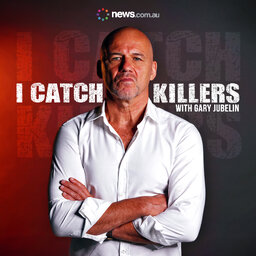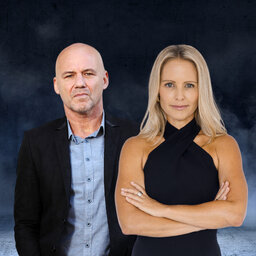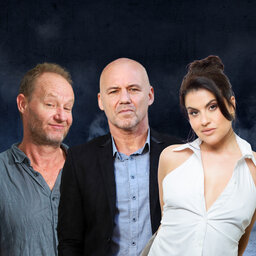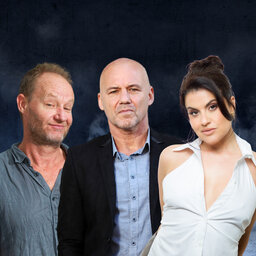Riots and revenge attacks: Carl Scully and Mark Goodwin
An altercation between lifeguards and beachgoers on Sydney’s popular Cronulla Beach is seen as the catalyst for more than 10 days of violence and unrest. Former NSW Police Minister Carl Scully and former Assistant Commissioner Mark Goodwin join Gary, sharing their insider experiences of the Cronulla Riots - and why it could have been far worse.
Can’t get enough of I Catch Killers? Stay up to date on all the latest crime news at The Daily Telegraph.
Get episodes of I Catch Killers a week early and ad-free, as well as bonus content, by subscribing to Crime X+ today.
Like the show? Get more at icatchkillers.com.au
Advertising enquiries: newspodcastssold@news.com.au
Questions for Gary: icatchkillers@news.com.au
Get in touch with the show by joining our Facebook group, and visiting us on Instagram or Tiktok.
 I Catch Killers with Gary Jubelin
I Catch Killers with Gary Jubelin


